SEO Process: How We Create an Effective SEO Strategy

At Pure Visibility, we know SEO is not a one-size-fits-all approach. Our SEO process was built with the understanding that each business and website is unique, facing different challenges when improving their organic visibility.
While many SEO companies use a single tool to provide a website audit and auto-generated recommendations, our SEO process is customized based on your specific goals and current SEO performance.
Our proprietary SEO audit, called The Visibility Audit, evaluates eight key areas that influence your website’s SEO. Through data analysis and over 17 years of experience, audit findings are then analyzed by our team of industry experts. These prioritized recommendations are made with your goals in mind and help guide your ongoing SEO strategy.
The result? Higher keyword rankings, more organic traffic, and better qualified leads — all in six months or less.
Our Expertise
- Founded in 2005
- Data-driven results for companies such as Windsor, Heinz, and Chrysler
- Google Partner
- Custom recommendations by experienced analysts
Pure Visibility’s SEO Process

Step 1: Discovery

A detailed intake survey and Discovery session with your team gives us the opportunity to learn about your business offerings, goals, and target audience, as well as your team’s capacity. This information allows us to better customize our recommendations and focus on the optimizations that will have the greatest impact not only on your rankings and traffic but also on your bottom line.
Step 2: SEO Audit
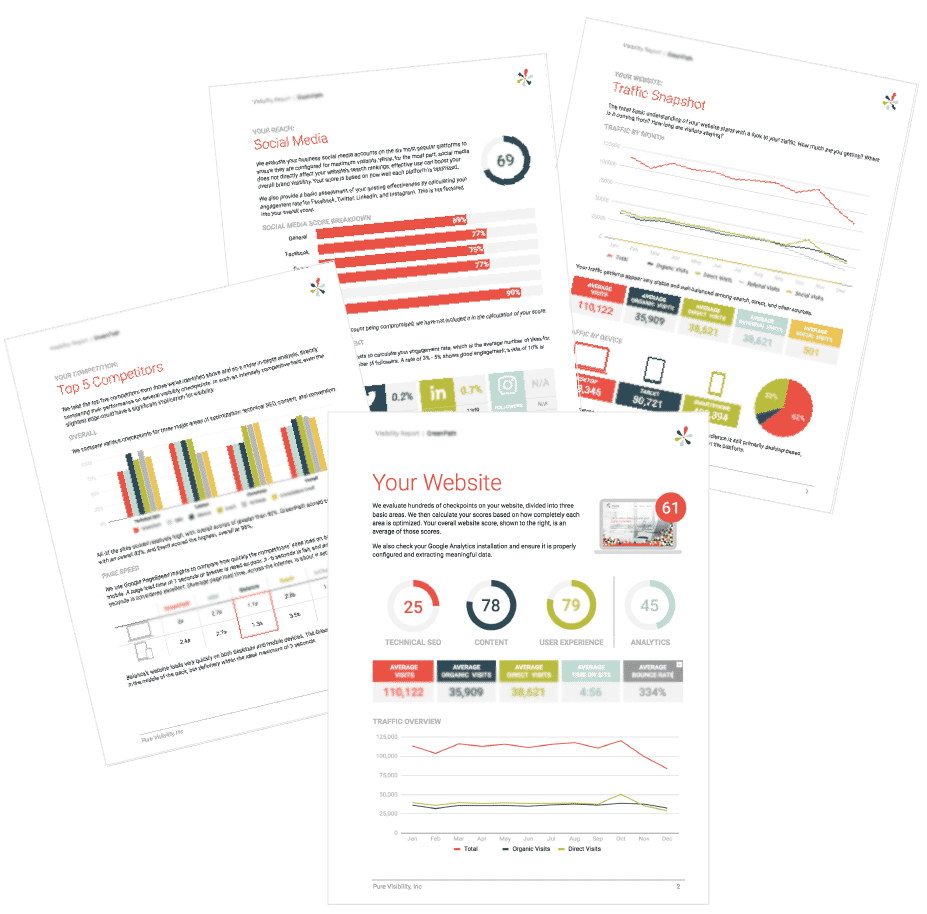
Our proprietary Visibility Audit uncovers what’s working, what’s not, and where the real opportunities lie. While many SEO providers use a free SEO tool to auto-generate their findings, our Visibility Audit was created by industry experts to evaluate eight key areas that affect your online visibility: traffic quantity and quality, technical SEO, content optimization, backlinks, mobile-friendliness, local SEO, analytics, and competition.
Traffic Analysis
Reviewing traffic patterns helps us understand how visitors interact with your website. We look at all the sources driving traffic to your website (not just organic) and how visitors engage once they’re on it. We also compare these levels to your competitors, to uncover gaps or opportunities to level the playing field.

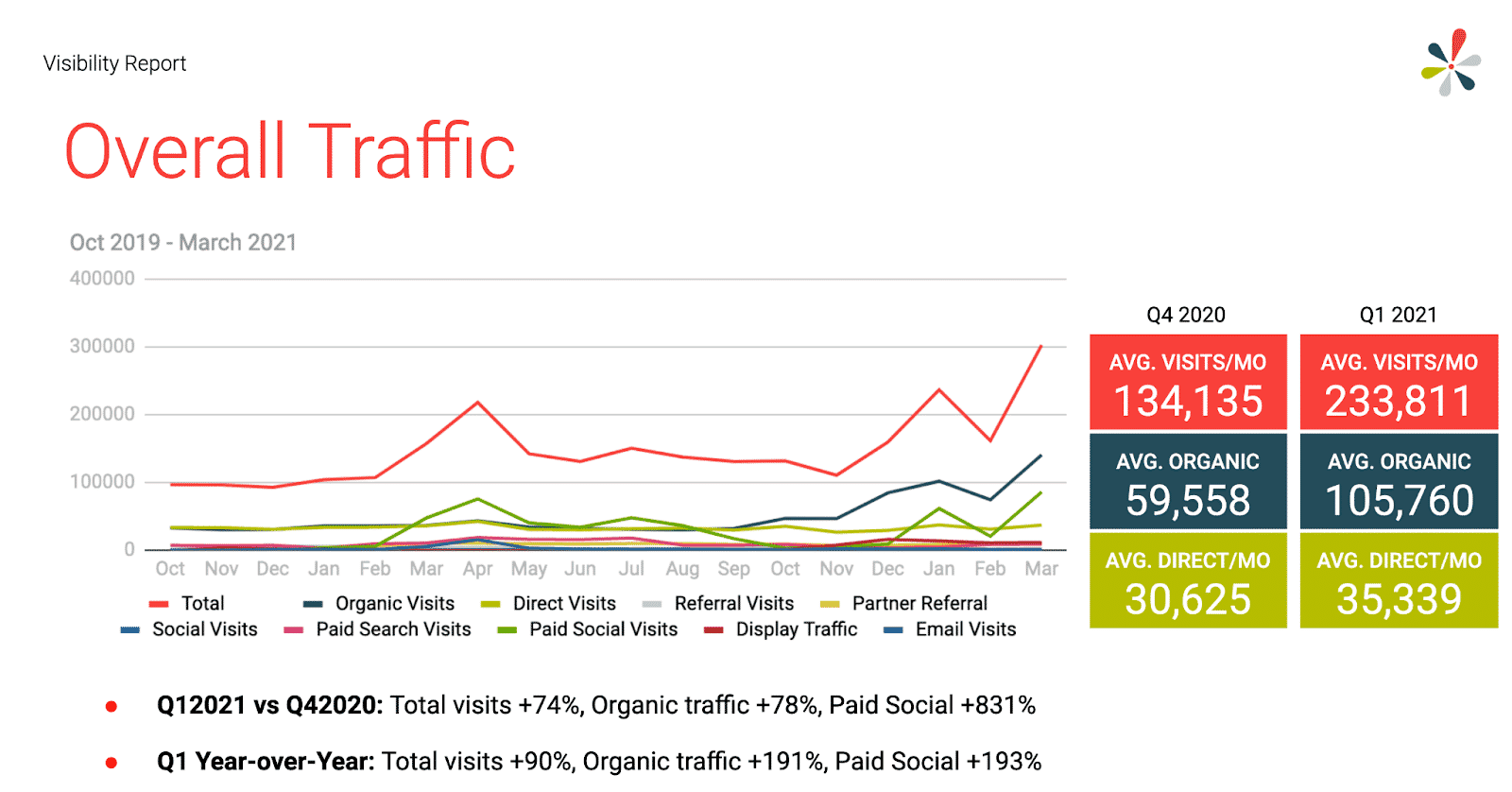
Technical SEO
Technical SEO is the foundation of a strong website. The health of your website’s code and performance can directly impact your organic visibility. We see what technical issues are helping or hindering Google’s ability to properly and efficiently crawl and index your site’s pages, and how your content presents in search.

Content audit
Well-written content is one of the top three ranking factors for Google. Our audit looks at the content that is performing the best on your website (based on keywords, links, and conversions), as well as the pages that need improvements. We pull data straight from Google Analytics and Google Search Console to get insight into actual visits from the keywords you’re getting impressions and clicks from, and layer on top keyword and performance data from some of the top SEO tools available.

Backlinks Audit
The quality and quantity of backlinks (links pointing from other websites to yours) demonstrates authority to Google and is another top three ranking factor. Our backlink audit evaluates the relevance and growth of your backlink portfolio and uncovers any issues that may be hindering your ranking potential such as a high amount of broken backlinks or a lot of low-quality links coming from irrelevant referring domains.

Mobile-friendliness UX
Mobile-friendly websites are prioritized by Google in the search results. We check to make sure your website is properly optimized for mobile, and that users can easily navigate and convert. This includes an analysis on Google’s Page Experience metrics, including Core Web Vitals.

Analytics Review
Google Analytics provides useful information about the visitors who come to your website and the ROI of SEO and your other marketing initiatives. This part of the audit evaluates whether Google Analytics is properly configured and tracking relevant goals. We not only evaluate pageviews and channel sources, but also site engagement metrics like average pages per session, time on page, bounce rate, and conversions.

Local SEO Audit
Strong local SEO not only helps brick-and-mortar businesses stand out for location-based searches, but can also positively impact organizations that compete on a local level, even if your customers don’t walk through your doors. We check that your website is optimized for local search, and that your top local listings such as your Google Business Profile and Yelp business pages are following best practices.

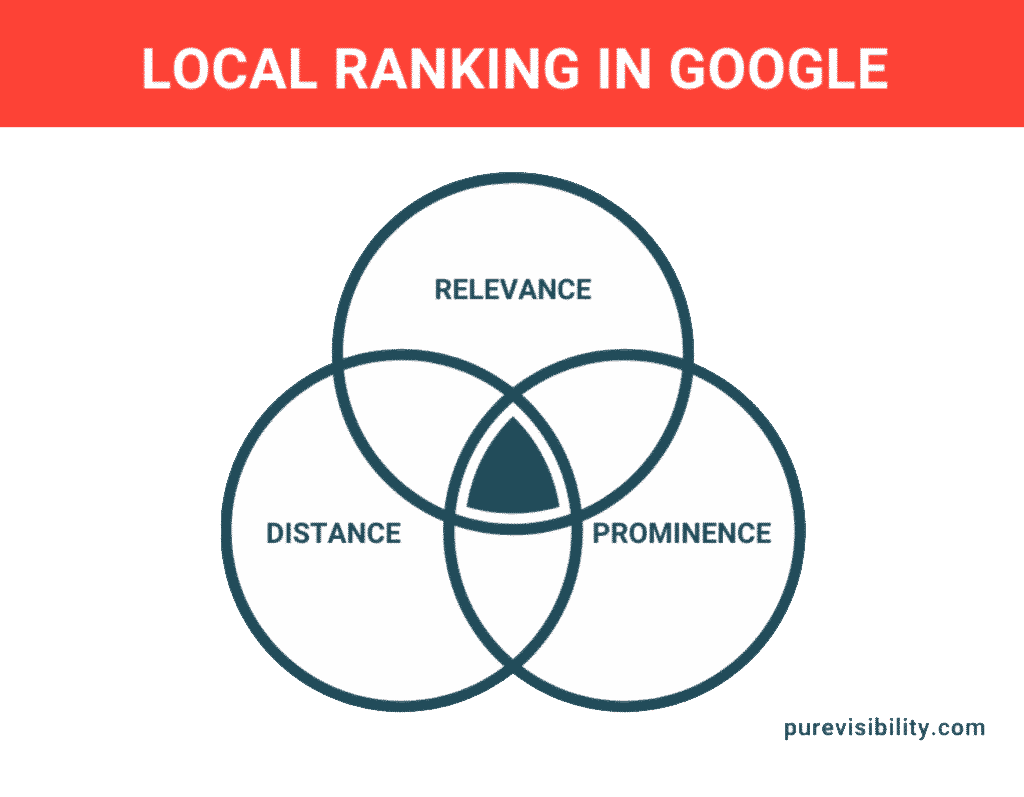
Competitive Analysis
A look at top SEO metrics like keywords, estimated traffic, and backlinks lets us know how you compare to your competitors and uncover new opportunities. We also perform a keyword gap analysis and link intersect report to get a better understanding of where your competitors are focusing their efforts with keyword targeting, content development, and off-page SEO efforts such as their link building strategy.

Step 3: Creating Your SEO Strategy

Once the Visibility Audit is complete, we present our findings and recommendations to your team. Our industry experts will compile the results into an easy-to-understand report and prioritized checklist that guides our ongoing strategy. This checklist balances how difficult a task is with its potential payoff, so we can tackle the tasks that make the most impact. We like to start with the “low effort / high impact” items, but it’s also important we address any potential significant roadblocks so that your site has a solid foundation to build upon. We collaborate with your team to put together an action plan based on priorities, resources, marketing goals, and business objectives.
Step 4: SEO Implementation

Our SEO experts will work with your team to address the issues identified in your audit. While your developers or team members are implementing the recommendations, we will begin to develop your content strategy. We will continue to review your SEO performance each month and make recommendations as needed.
Addressing Technical SEO Issues

Although individual recommendations are tailored to each client, we always begin by ensuring your website has a strong technical foundation. This allows Google and other search engines to properly and efficiently crawl and index your pages so that you heighten the likelihood your content is returned when someone makes a search online. If your technical SEO isn’t sound, your pages may not appear in the search results at all, even if your content is well-written.
Content Optimization and Writing New Content
Once we’ve established that the technical foundation is strong, we move on to writing and optimizing content. Each client receives a content strategy customized to their goals and target audience. We first optimize existing content to improve your current keyword rankings while also conducting deeper competitive and keyword research to generate new content ideas. These pieces will help you rank for additional keywords, cast a wider net, and drive more organic traffic to your website.

Target Persona Development
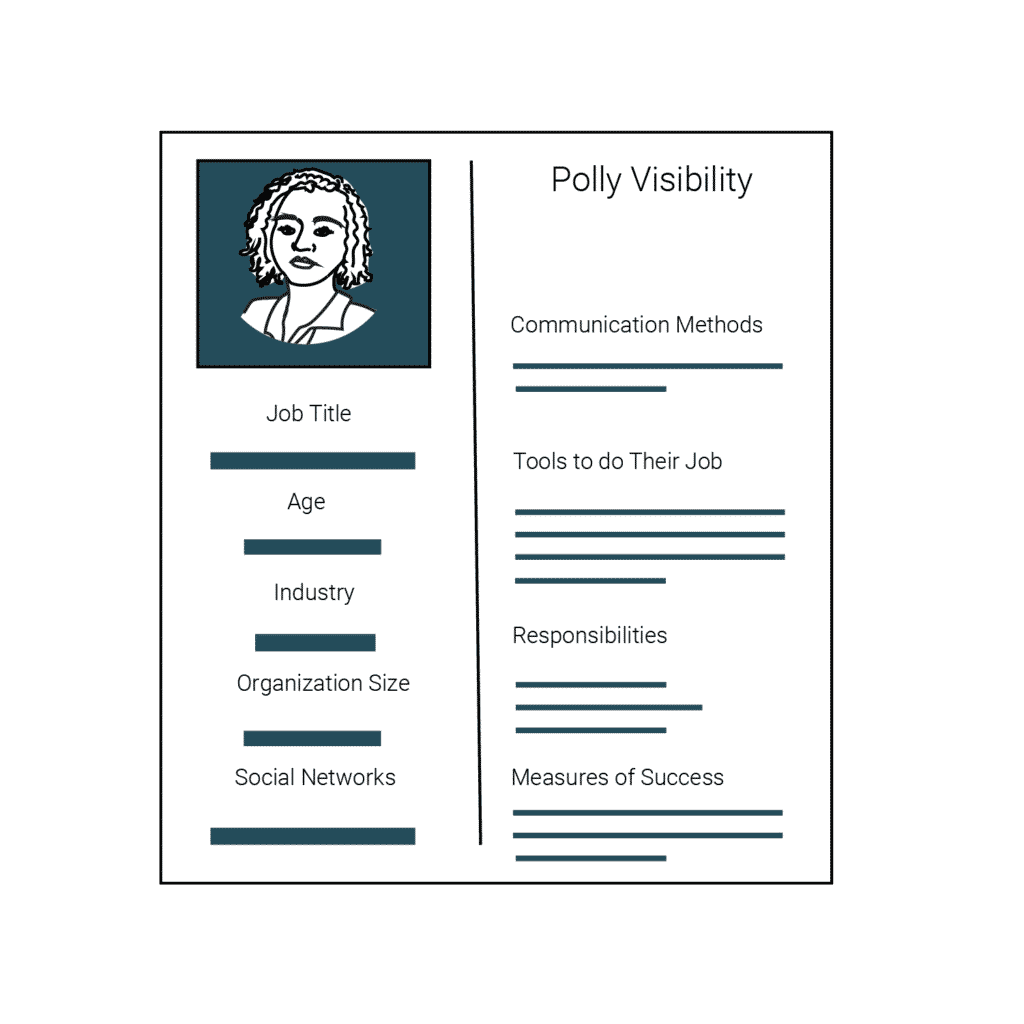
Target personas are hypothetical representations of your ideal customer or audience segment, based on industry and market research as well as real data about your existing customers.
The more detailed your personas are, the easier it is to identify pain points and create content that will resonate with your audience and potential website visitors. We’re happy to work with existing client personas or help you create new ones.
We not only look at demographics when defining (or redefining) a target persona such as age, income, location, title, etc., but also the psychographics that come into play (likes, dislikes, where they spend their time online).
Keyword Research Strategy

Keyword research shows us how often people are searching for certain terms and how difficult it may be to rank well for them. A good keyword research strategy helps inform keyword targeting, on-page optimization, and content development.
We use several industry tools, competitive analysis, and the findings from our Discovery session to inform our keyword research. Every client, industry, and project is different, but we’ll always start with keyword expansion, taking existing rankings and content that’s working well for your site and expand on those topics.
Next, we’ll input “seed words” or starter terms to build out a robust keyword strategy based on monthly search volume, relative competitiveness, and estimated return on efforts, making sure to align keywords to content topics that are relevant to your target personas, their pain points, and where they are along the marketing and sales funnel. We categorize these keywords into groups based on personas and stages in the funnel, and assign tags based on content topic or traditional SEO keyword tagging (informational, navigational, transactional keywords).
Competitive Analysis

Pure Visibility uses several types of competitive analysis to uncover new opportunities.
- A keyword gap analysis shows us terms that your competitors are ranking well for, but you are not. This is helpful in discovering new content ideas as well as understanding where your competitors’ efforts are focused.
- A link intersect shows us websites that are linking to your competitor’s website but not yours. This can be useful information when building your own backlink portfolio and figuring out how to level the playing field.
We also evaluate competitors based on organic visibility and market share or share of voice. We look at their use of Schema markup (structured data), UX and web page layout, and other evaluations that may influence SEO to understand differentiators and opportunities in the organic search landscape.
Content Strategy
Good content is one of the cornerstones of SEO. Google wants to provide the best possible results for its users, so it favors in-depth, well-written, and reputable pieces.
Each one of our clients receives a personalized content strategy worksheet that holds all of the information related to our content efforts. This allows both teams to easily collaborate on content and provide feedback. We begin with a “Round 1” that covers initial research and “low-hanging fruit,” such as existing pages that can be better optimized to rank for their target keyword.
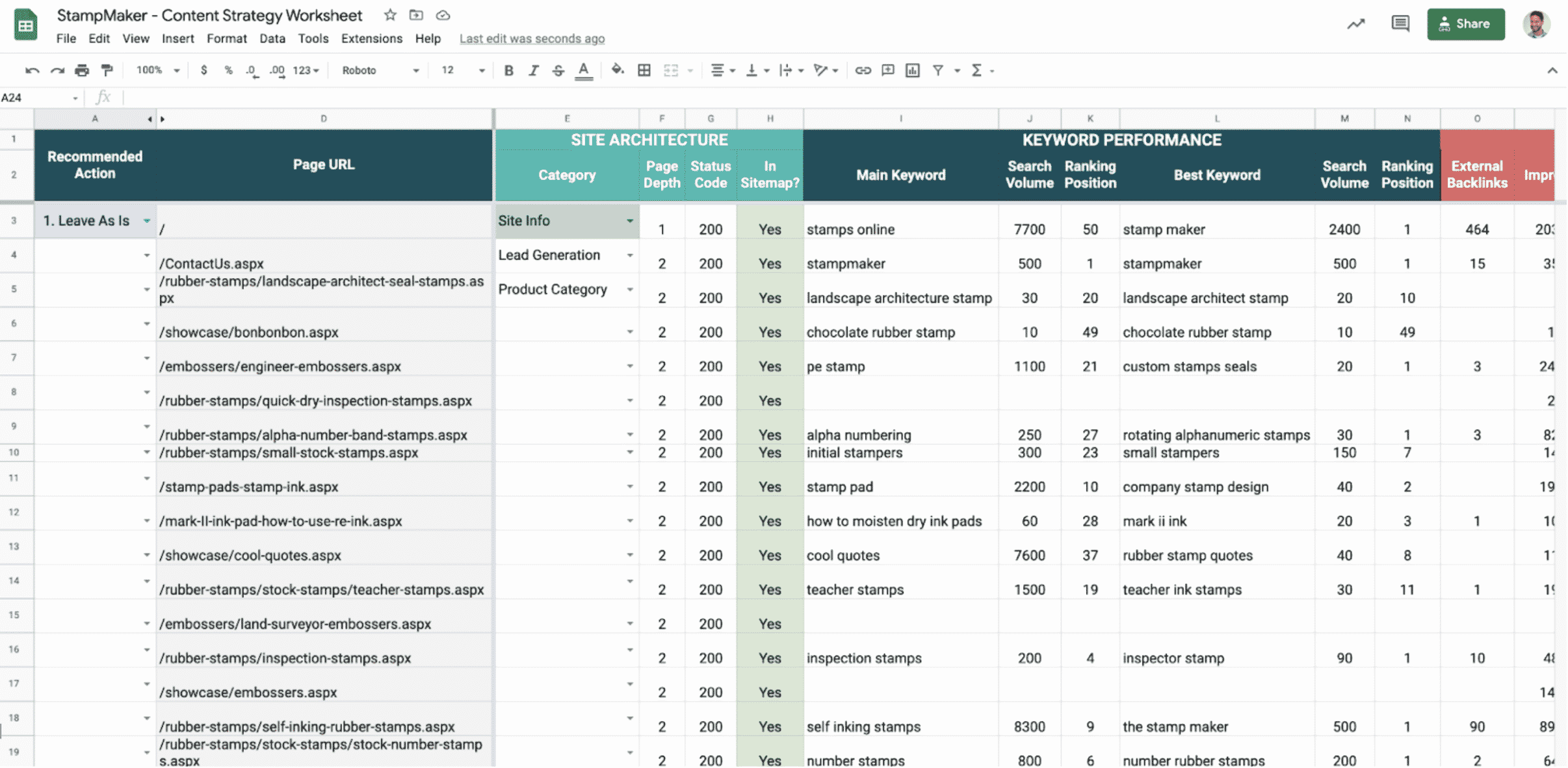
After we review our findings with your team, we move on to new content ideation. Our SEO content team focuses on filling “content gaps” to make sure all stages of the marketing funnel are being addressed, and that there is content that speaks to each one of your personas. We will get your team’s approval on ideas and content outlines before writing, and may need feedback from a subject matter expert, depending on the level of technical detail required.
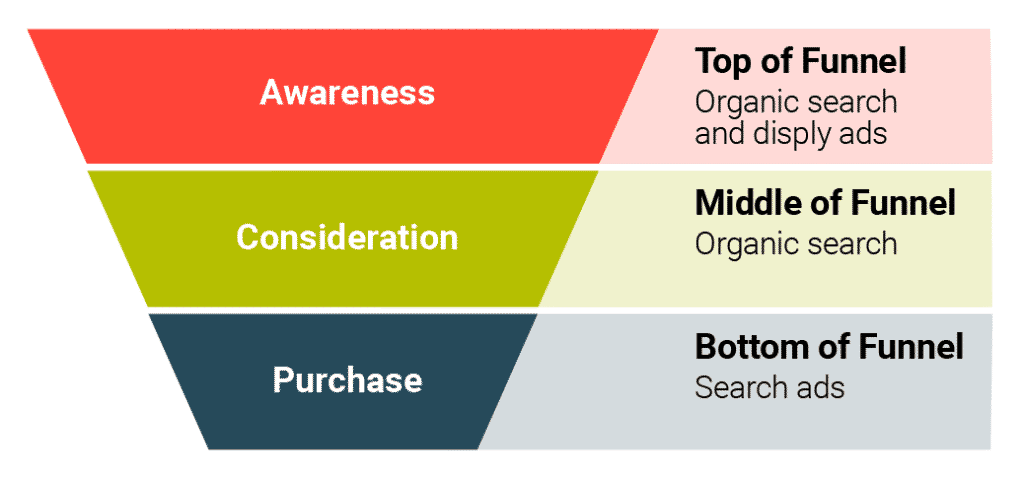
If you prefer to keep the bulk of your content writing in-house, our team can provide keyword research and suggest keyword targets for new content pieces, outlines with on-page SEO elements written out, including long-tail queries, and/or final SEO reviews of content from your writers to make sure they are optimized for search. We have experience working in a wide range of industries and can adjust our process to make sure we are working as an effective extension of your own marketing team.
SEO Reporting
Pure Visibility focuses on your bottom line. The goals from your Discovery meeting drive the strategy moving forward, but we understand business doesn’t happen in a silo and growth isn’t alway linear, so we are flexible and can shift as needed.
We review our progress each month with you and your team and have a designated project manager that handles communication and makes sure work stays on track between meetings.
You will receive a customized dashboard that clearly demonstrates your return on investment, as well as other metrics that help inform your marketing team’s decisions. The dashboard is built in Google Data Studio and pulls in data directly from your Google Analytics, Google Search Console, our SEO tools such as Ahref and SEMrush, as well as other integrations depending on your current marketing technology stack.
Your team will have access to this dashboard, which updates in near real-time, so you can always check in on progress and results, as well as quickly and easily show leadership and other stakeholders the status of your SEO strategy and efforts.
Getting Started
Are you ready to get started? Tell us about your SEO goals and we’ll contact you to show you how we can help.
